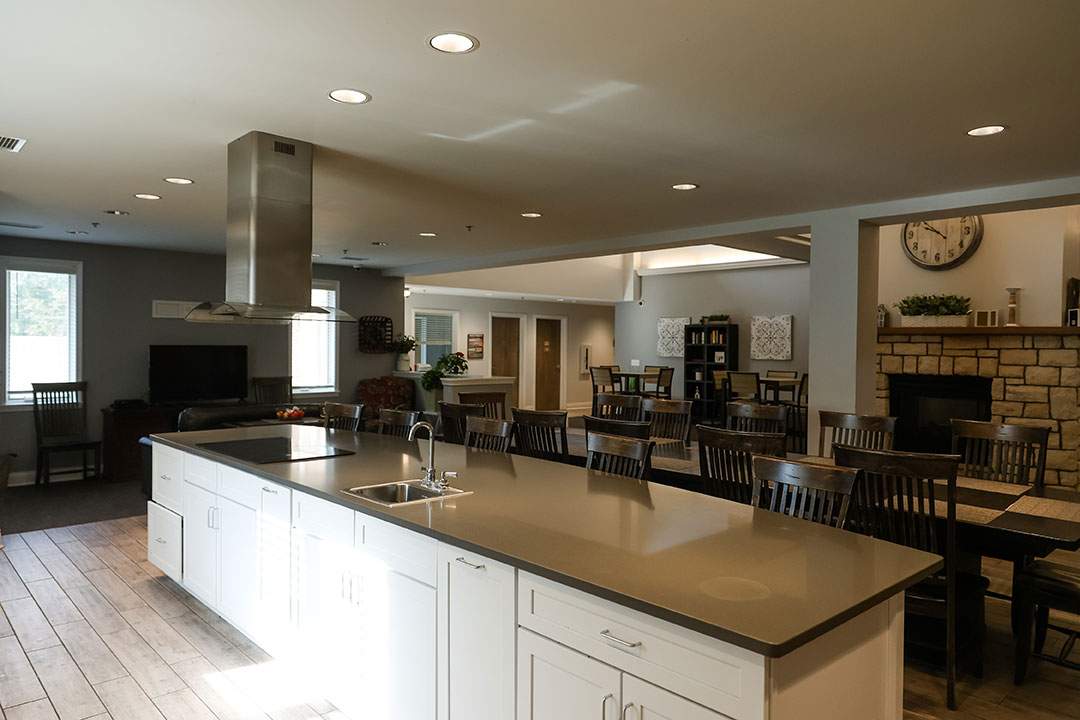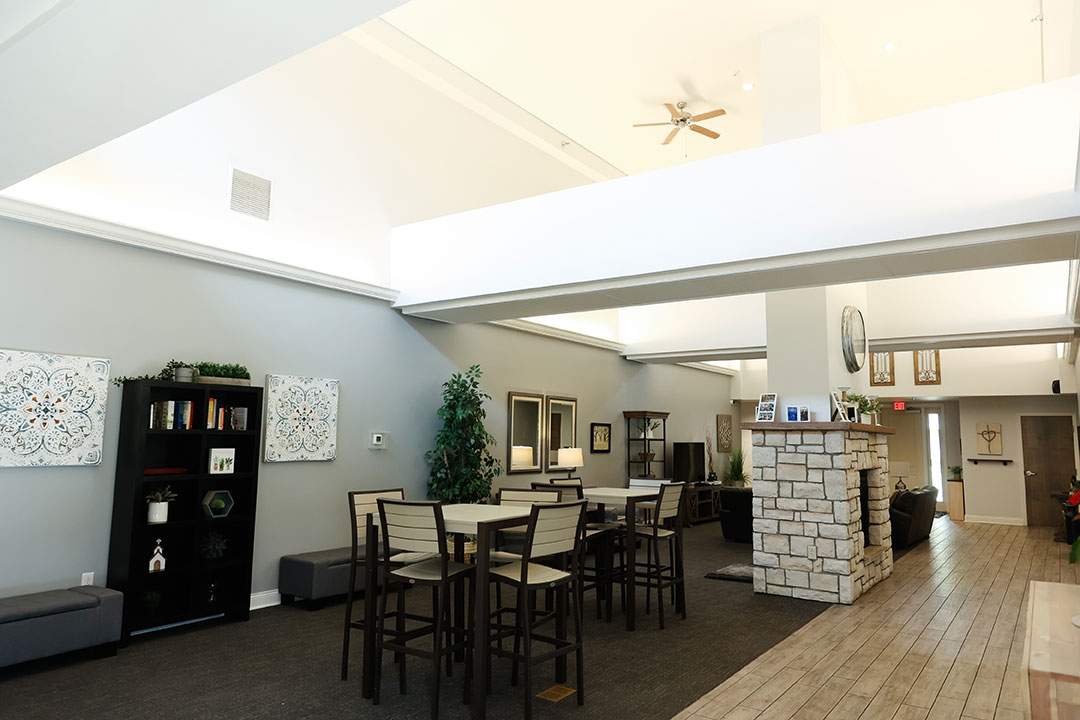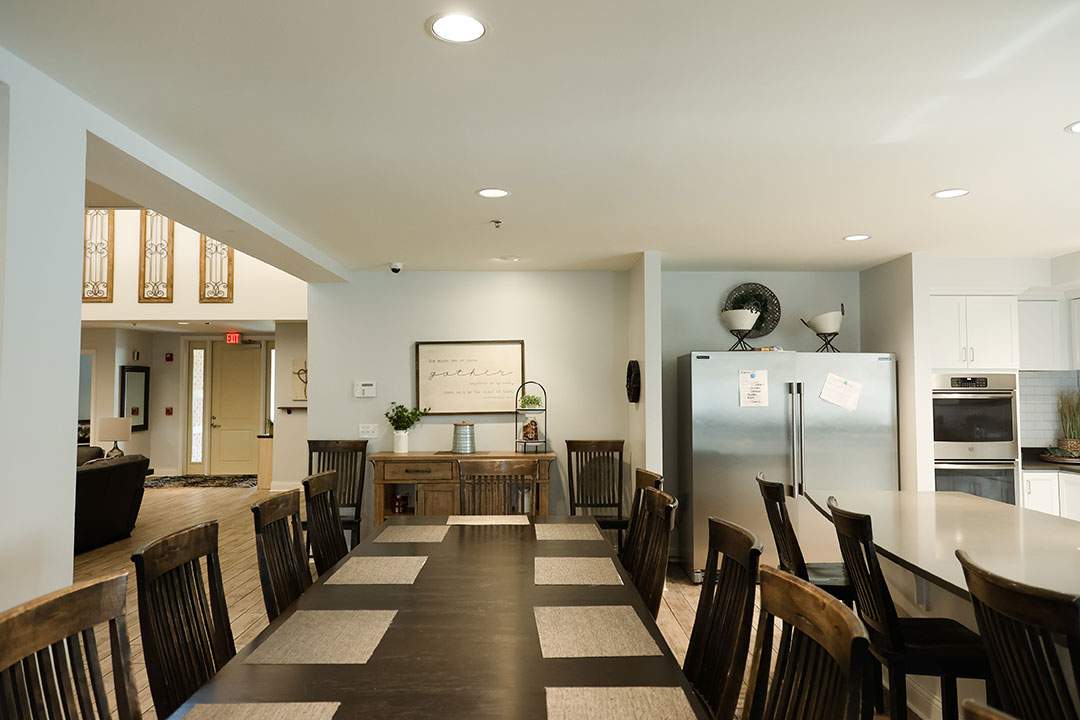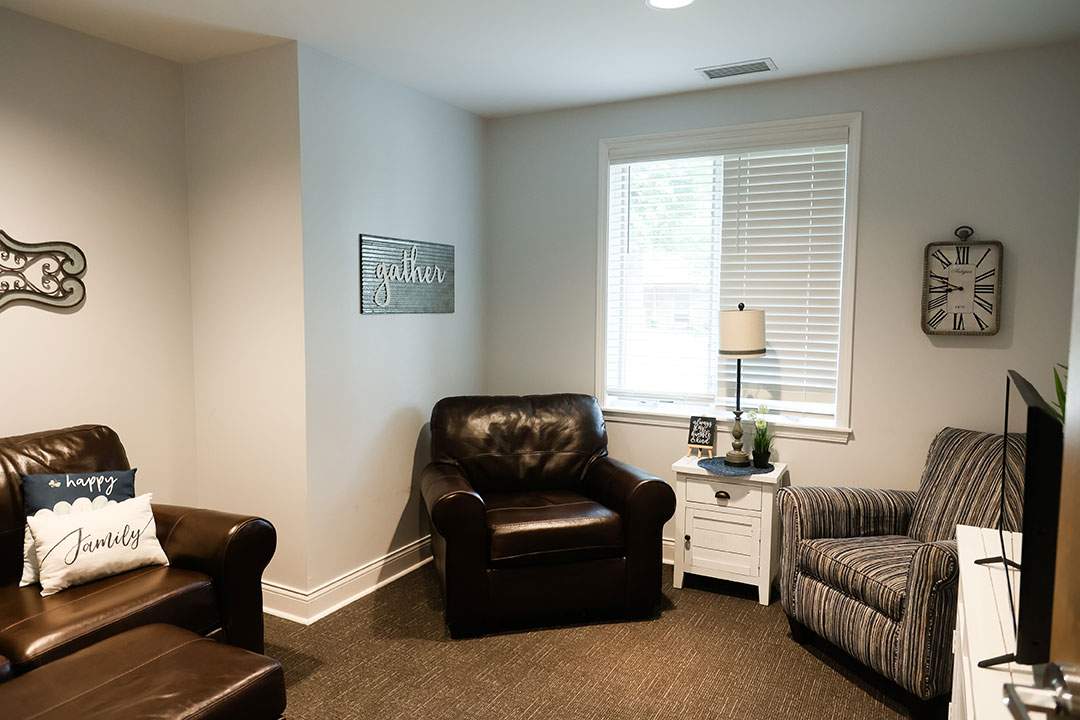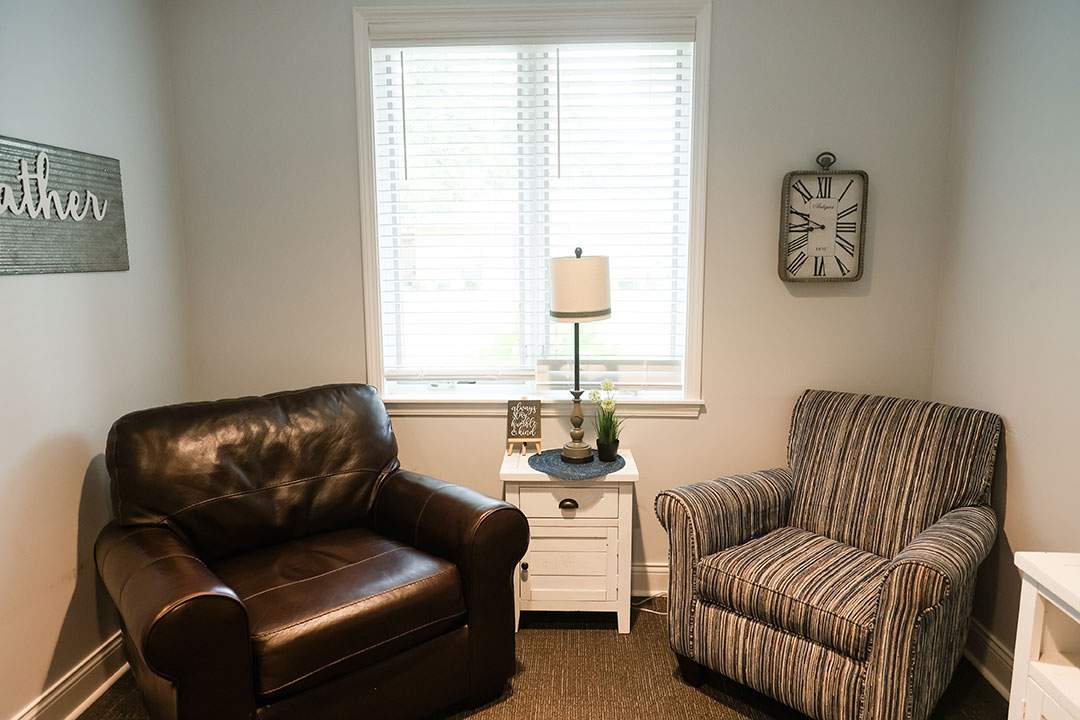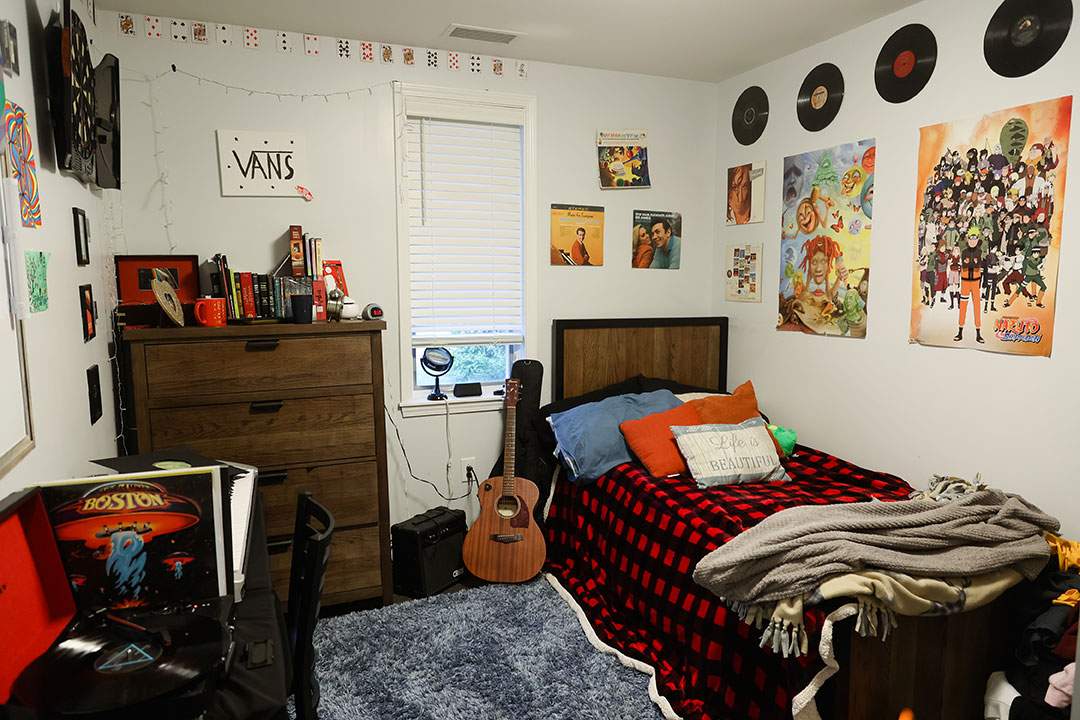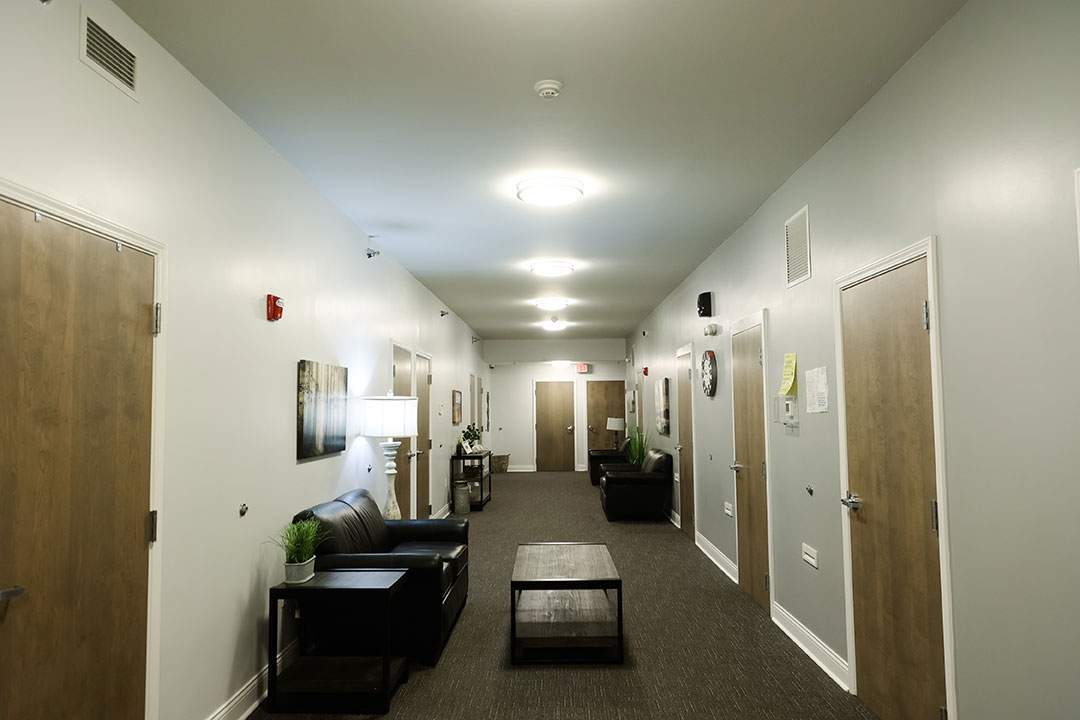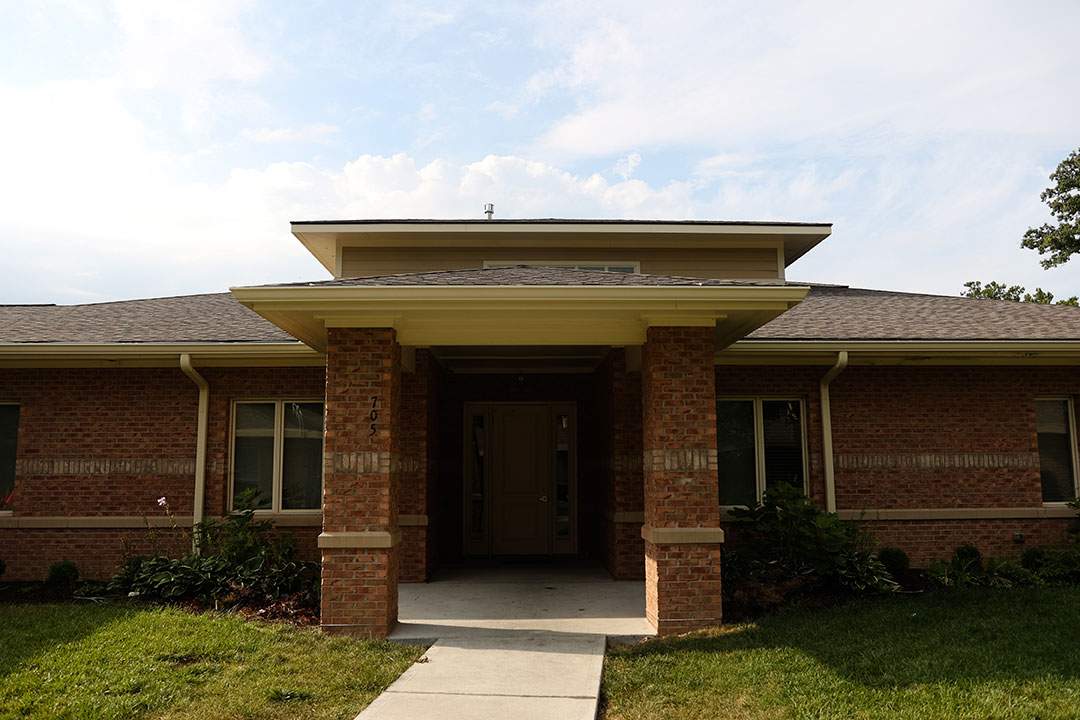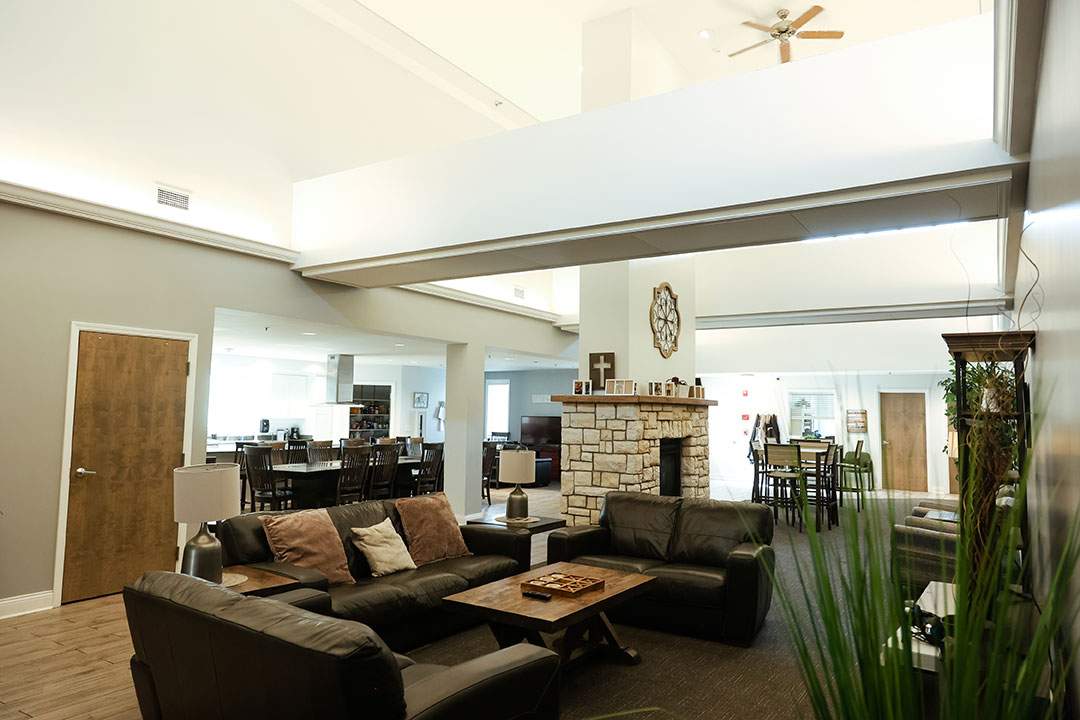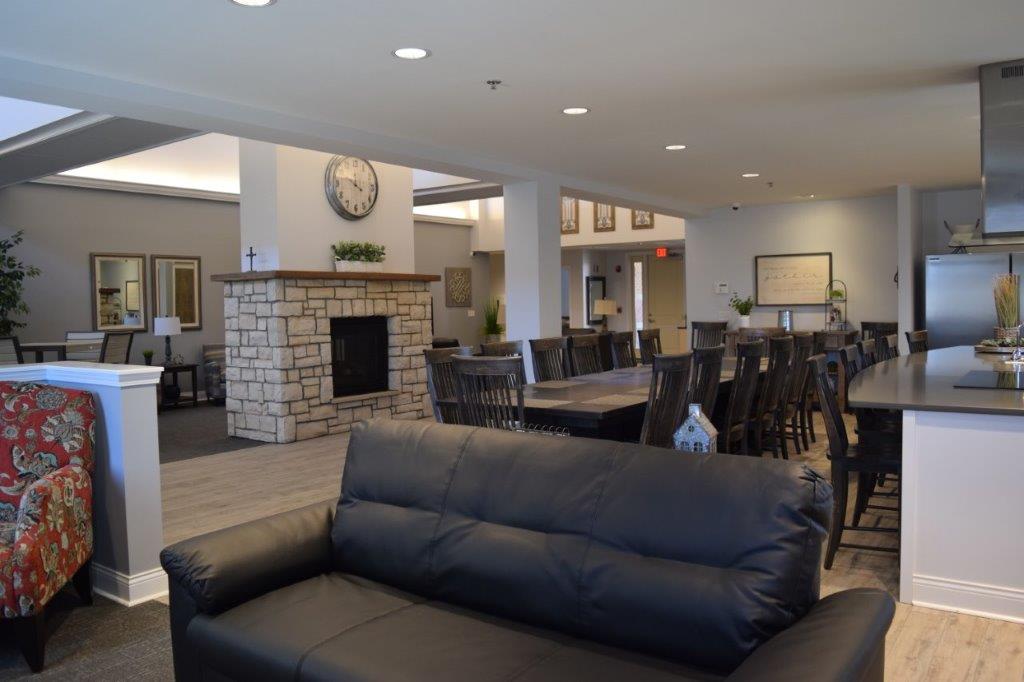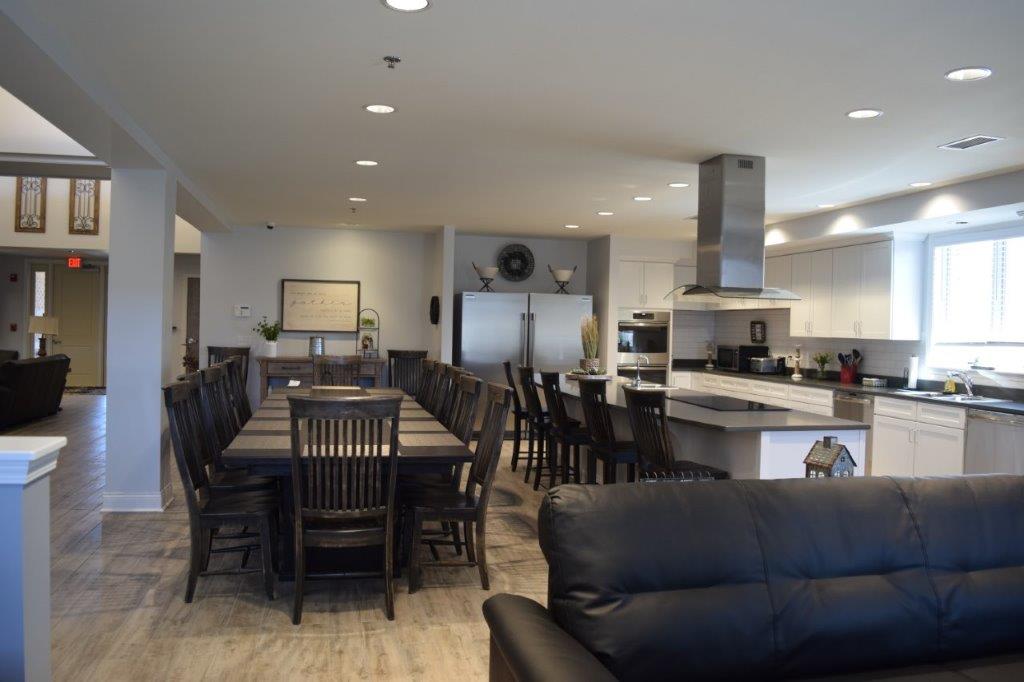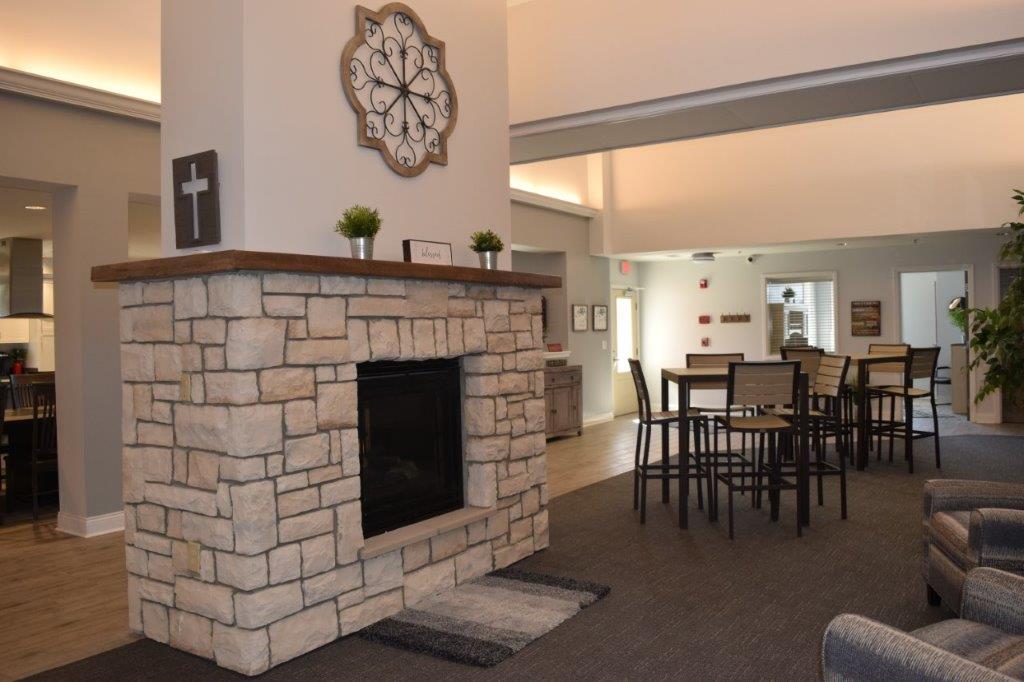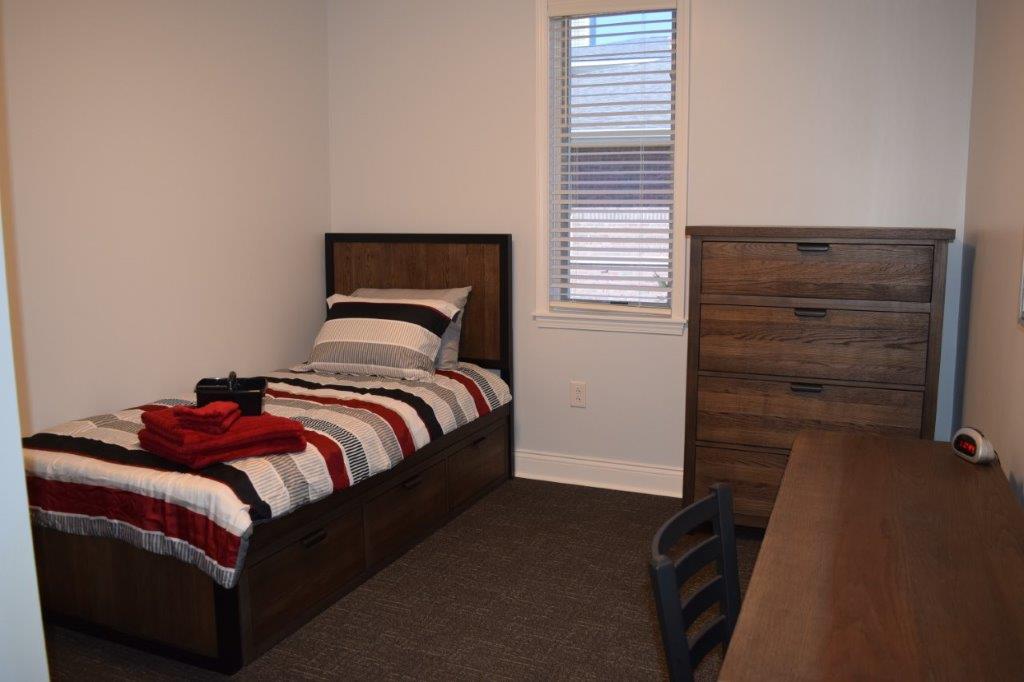The Teaching-Family model has been recognized as an evidence-based model of care by the American Psychological Association. The Teaching-Family model programs are effective because they assist youth and their families in remediation of problems and provide a comfortable and pleasant family-style environment for learning critical social and academic skills. The biggest success of the program involves the high level of input the youth have in the treatment program and environment.
Married couples hired as Family Teachers provide daily care and supervision while teaching important social skills and functional alternatives to behaviors that caused youth to be placed out of the home environment. They help facilitate and accelerate family reunification by teaching youth ways to interact successfully with adults and other children in their schools, communities and homes. Youth learn responsibility and age appropriate independent living skills along with academic skills to help them perform better in school and prepare for a career.
Eight youth live in each home with the Family Teachers. The Family Teachers work closely with parents, therapists, social workers, probation officers and others who refer youth for services. The goal of placement is family reunification or transition to an alternative permanent living arrangement such as adoption, foster care or independent living.


